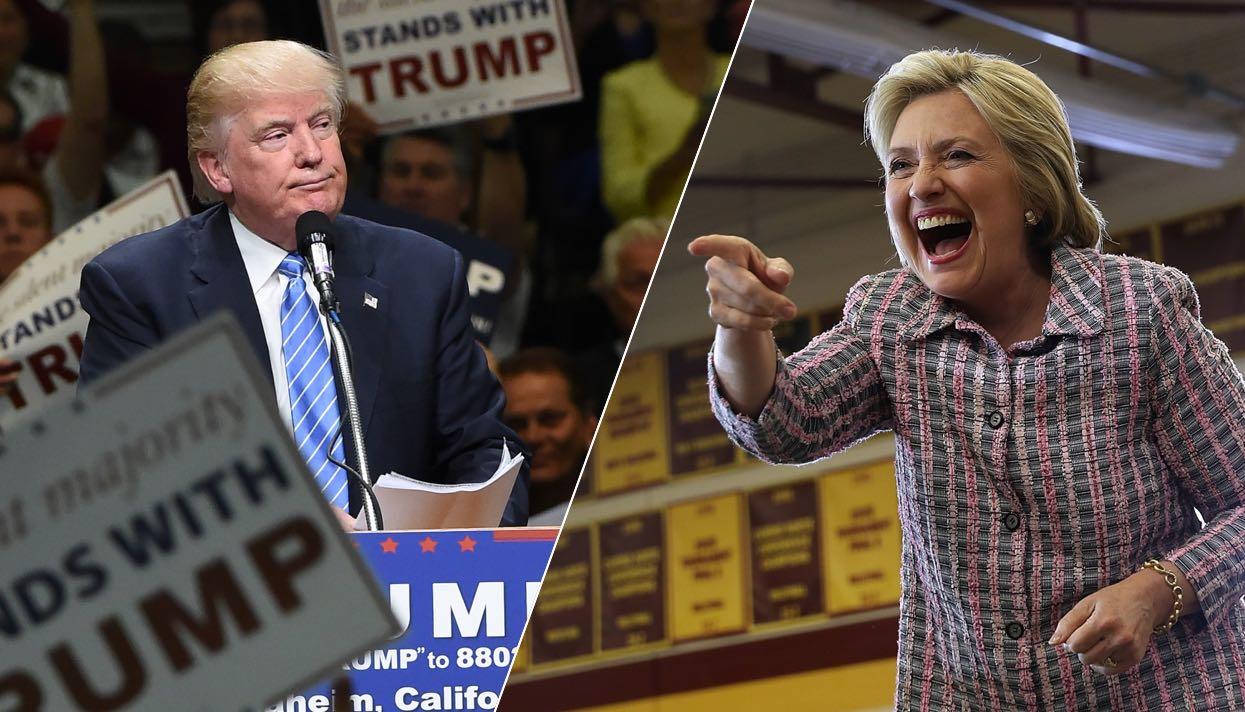This year, sociologists noticed a huge interest of Russians to the US presidential elections. Even in summer, when the Russian media did not pay so much attention to the US election campaign, according to VCIOM, 40% of respondents were interested in it. Previous elections of the US president have attracted far less attention from Russian citizens. For example, in 2008 only 4% of Russians closely followed the course of the election race, 32% pay attention to the news about it from time to time. During the 2004 presidential elections the following answers were given by 5% and 31%, respectively. Probably, the thing is that today the Russians link the person of the new US president with an opportunity to improve the US-Russian relations.
The head of the department of international organizations and global political processes of Moscow State University, Andrei Sidorov, believes that the current election campaign is different from the previous ones: "In 2008, the project was being elected. That's what I would call President Obama, who came out of the Congress, where he has not made any bill. He was promoted in the media very quickly and was made a president. It was a shock to the world, when the first black president was elected in the United States.

According to the expert, not so long ago, no one expected that Donald Trump will break through the primaries. "Now they started to analyze the letters which Wikileaks got in the National Committee of the Democratic Party. Initially, Clinton's headquarters, according to these letters, estimated Trump as a convenient candidate, considering him vulnerable. From the point of view of traditional US elections, indeed, Trump was vulnerable due to his sexual scandals, his outrageous behavior and statements regarding national minorities and all other minorities," Sidorov said.
According to him, "the Republican establishment, including the elder Bush, said that it would not support its candidate from its party. Internal differences were largely based not on some kind of party preferences, but the preferences of the US society development paradigm. It has not yet been defined. Today, two elder candidates are filling a pause needed to regroup forces in American society.






